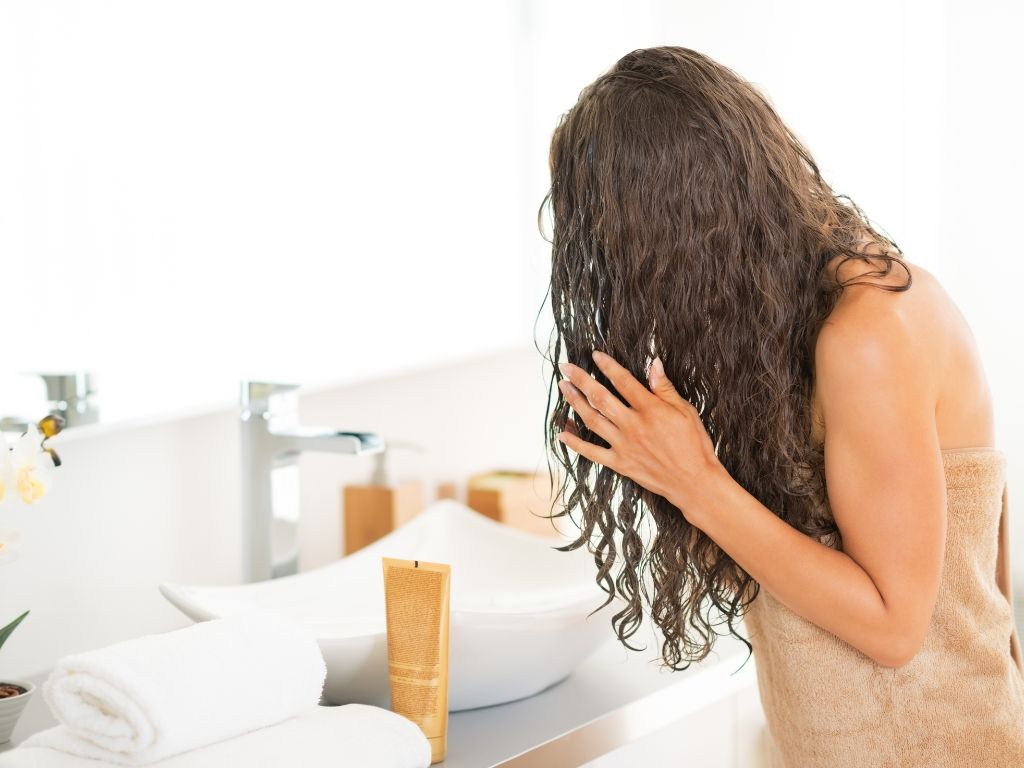The Truth About Sleeping with Wet Hair: Is It Really Bad?
The night shower is a lovely, calming ritual. Maybe you’ve even added in some eucalyptus or lavender for a little aromatherapy hit. Without the rush to wash, get ready, and get out the door of morning showers, you leave the night shower calm, warm and sleepy. Ready to crawl into bed. The last thing you want to do is dry your hair - that’s morning shower’s effort! But you’ve heard that sleeping with wet hair is bad for your hair’s health (not just the wild nest we all wake with after sleeping on wet hair). As always, we’re here to delve into the science around whether sleeping with wet hair is genuinely bad for you.
The Structure of Hair:
To understand the potential impact of sleeping with wet hair, it's crucial to grasp the structure of hair. Hair strands consist of three layers – the cuticle, cortex, and medulla. The cuticle is the outermost layer that protects the hair shaft, and its health is vital for overall hair well-being.
The Case Against Sleeping with Wet Hair:
Cuticle Damage: When hair is wet, the cuticle becomes more susceptible to damage. The excess water causes the cuticle to swell, making it more fragile and prone to breakage. Sleeping with wet hair may result in friction against your pillow, leading to cuticle damage and split ends.
Fungal Growth: Ew. A damp and warm environment is an ideal breeding ground for fungi. Sleeping with wet hair creates a moist environment on your pillow, potentially promoting the growth of fungi on your scalp. This can contribute to scalp issues, including dandruff and itching.
Weakened Hair Shaft: Wet hair is more elastic and prone to stretching. While the hair is in this vulnerable state, the pressure and movement during sleep may lead to breakage. Over time, this can weaken the hair shaft, making it more prone to damage.
The Counterarguments:
Natural Moisture: Some argue that sleeping with wet hair can help retain natural moisture. Hair is most porous when wet, allowing it to absorb moisture from the air. However, excessive moisture can lead to overhydration and, ironically, contribute to cuticle damage.
Curl Maintenance: Individuals with curly hair often find that sleeping with wet hair helps maintain their natural curls. The water weight aids in defining curls and preventing frizz. However, this benefit should be weighed against the potential risks of cuticle damage.
While there are arguments both for and against sleeping with wet hair, it's essential to consider your hair type, personal preferences, and overall hair care routine. If you choose to sleep with wet hair, taking precautionary measures such as using a silk or satin pillowcase to reduce friction can help minimize potential damage. Ultimately, understanding the science behind hair structure and the potential risks can guide you in making informed decisions about your nighttime hair care routine.

